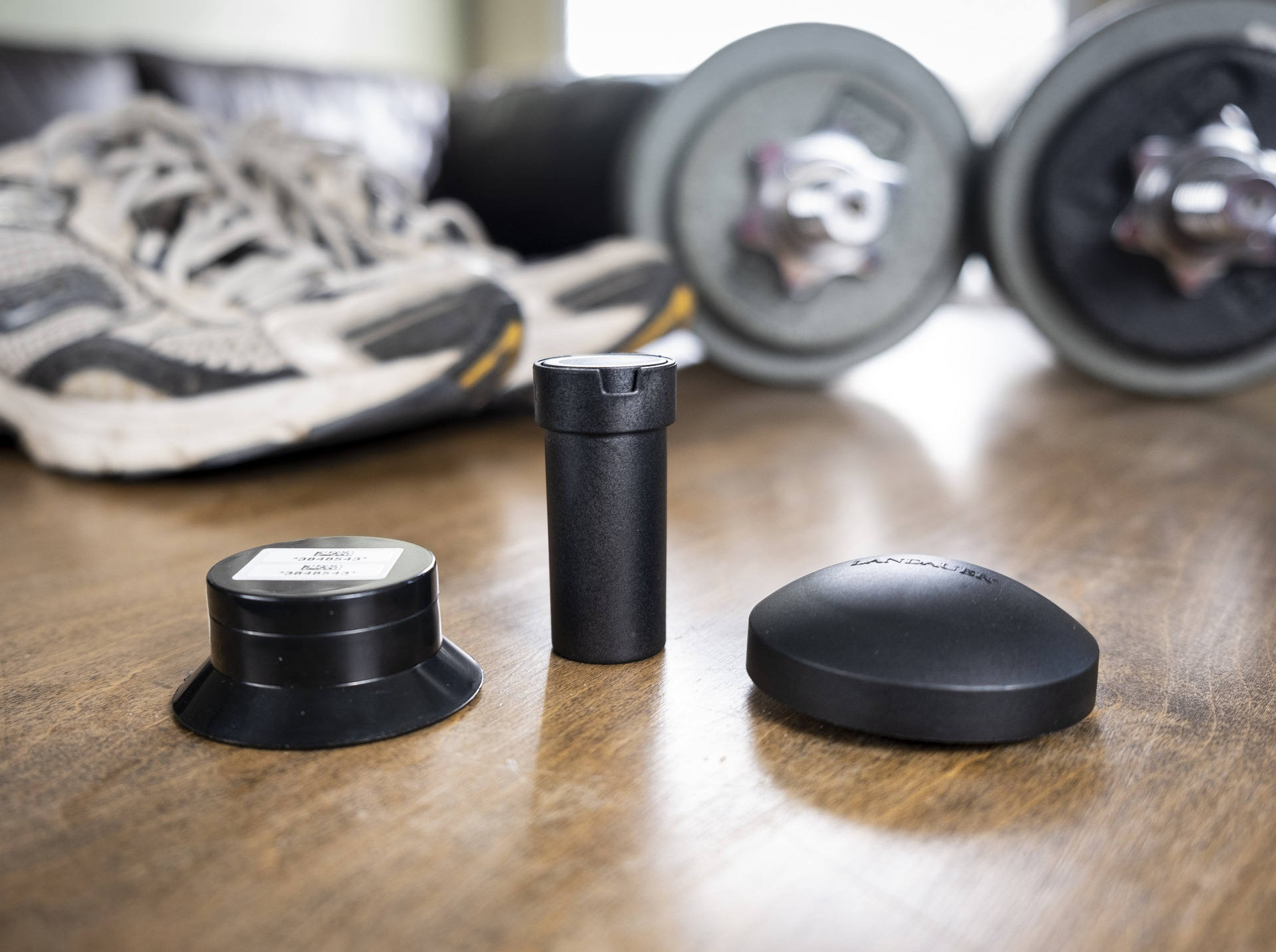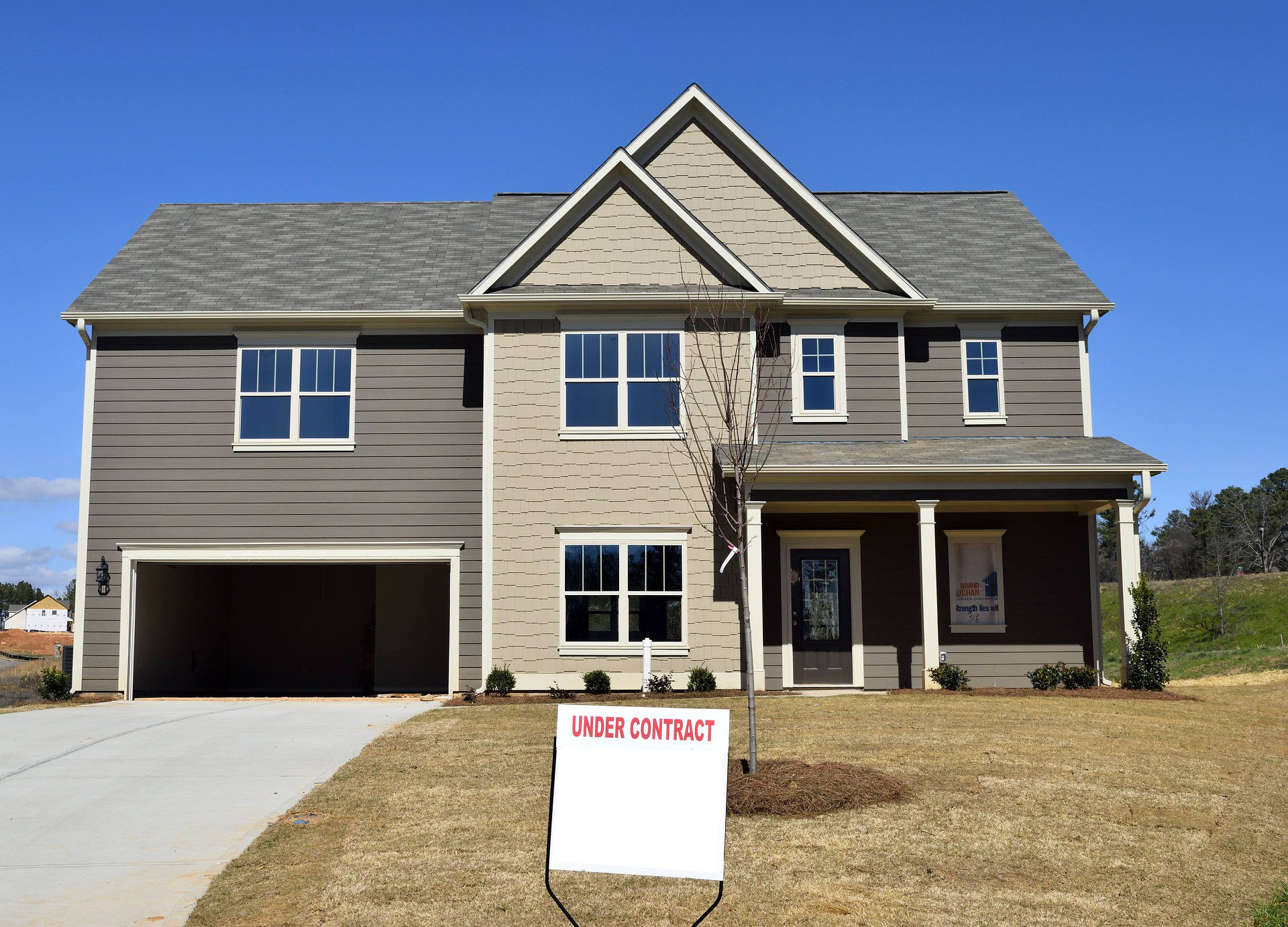Radon
Recent attention has been drawn to the issue of radon, and with good reason. Radon is the less-known cause of lung cancer, the second most common, following closely behind smoking, contributing to an estimated 20,000 deaths annually. This naturally occurring gas results from the breakdown of uranium in soil and rock. It is particularly prevalent in regions like central Kentucky, encompassing areas such as Lexington and its surroundings. Due to its odorless, colorless, and tasteless nature, detecting elevated radon levels in homes requires testing.
US EPA Recommendations for Radon Testing
Recommendations from the US EPA outline the necessity of regular radon testing, emphasizing that there is no officially safe level of radon exposure. Homes registering an average annual radon level of 4.0 pCi/L or higher should consider installing mitigation systems to reduce these levels. Additionally, testing every two years is advised due to the ever-changing geological conditions. More frequent testing may be prudent in areas undergoing significant construction or environmental alterations. Furthermore, post-testing following mitigation system installation ensures its effectiveness, with consistency in testing personnel recommended.
Radon Testing Methods
Radon testing methods typically involve two approaches: short-term and long-term tests. Short-term tests, conducted over 2 to 4 days, provide a brief snapshot of radon levels but can be influenced by various environmental factors, leading to potentially inaccurate results. Conversely, long-term tests, spanning 91 days or more, offer a more reliable indication of radon levels, which is particularly beneficial for understanding annual averages. Despite the superiority of long-term tests, short-term tests retain value, especially in real estate transactions where rapid results are necessary.
Why Should I Have a Professional Radon Test?
When it comes to conducting tests, homeowners may consider do-it-yourself (DIY) kits or professional services. However, DIY testing can be challenging, potentially compromising result accuracy and reliability. Professional testers, on the other hand, utilize advanced testing devices and methodologies, ensuring thoroughness and accuracy. While the cost of professional testing may be comparable to consumer-grade testing devices, the expertise and assurance of precise results make professional services a reliable and attractive option.
Professional radon testing is particularly recommended for real estate transactions, providing impartial evaluation and safeguarding against potential conflicts of interest. Beyond real estate, situations warranting professional testing include preliminary self-tests indicating elevated radon levels. Quick turnaround times and reliable methodologies characterize professional testing, offering peace of mind and swift resolution in addressing radon concerns. It’s crucial to ensure testing and remediation are carried out by separate contractors to maintain the integrity and objectivity of the process, ensuring the safety of your home and your family.





